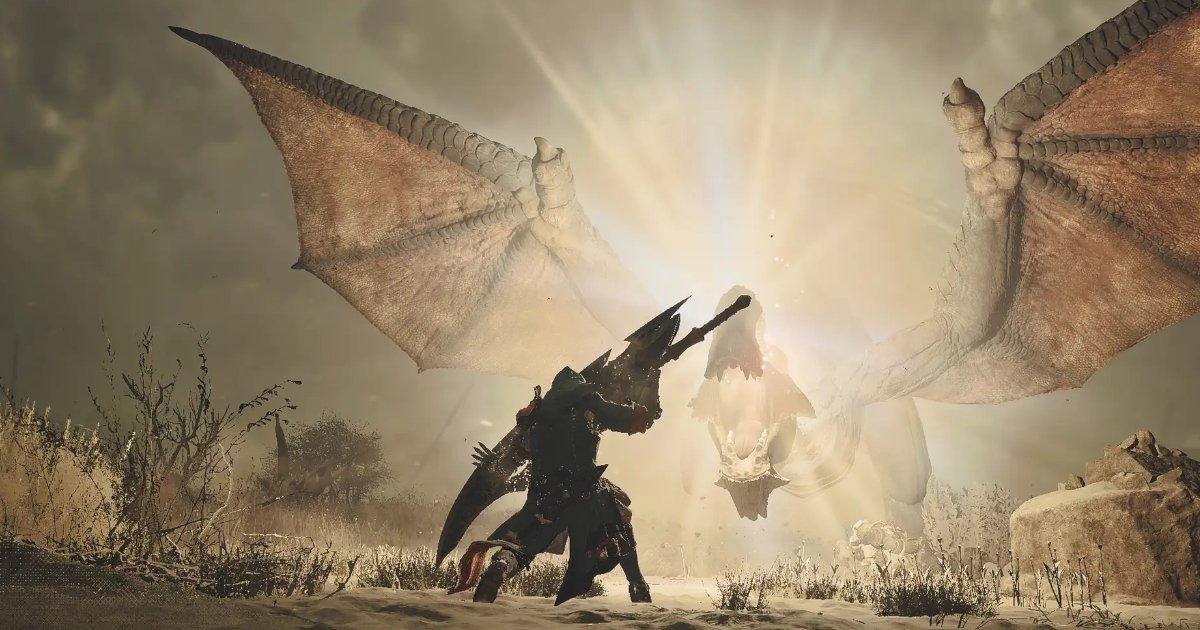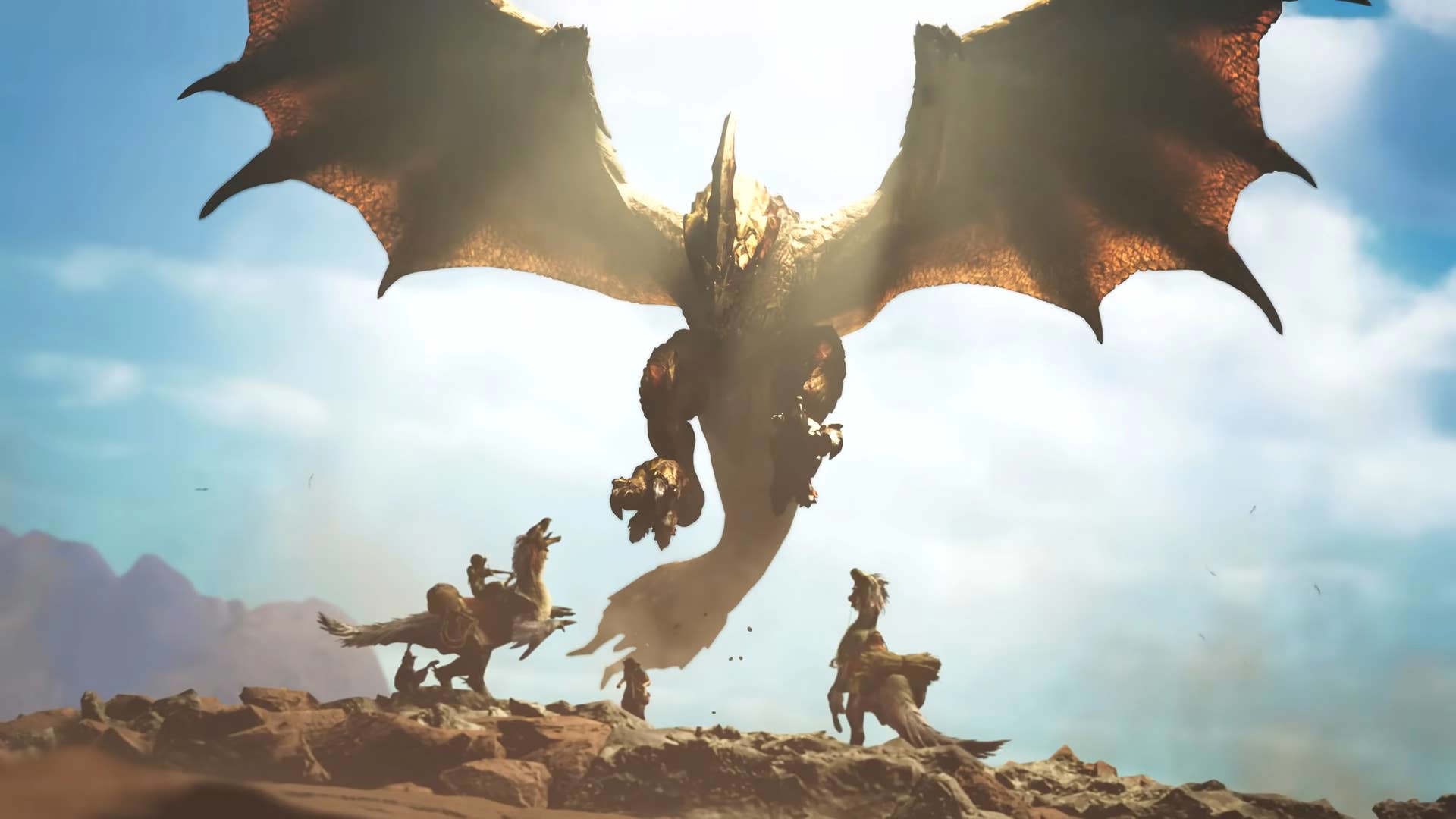Capcom’s PC Predicament: How Months of Poor Performance for Monster Hunter Wilds Risks Alienating a Core Audience
Popular Now
 BeamNG.drive
BeamNG.drive
 Poppy Playtime
Poppy Playtime
 League of Legends
League of Legends
 Rust
Rust
 PUBG Mobile
PUBG Mobile
 Sonic the Hedgehog™ Classic
Sonic the Hedgehog™ Classic
 Geometry Dash
Geometry Dash
 Gacha Club
Gacha Club
 Candy Crush Saga
Candy Crush Saga
 FIFA 23
FIFA 23 
More than six months after its release, Monster Hunter Wilds continues to face a significant crisis on PC. Despite a highly anticipated launch that saw a peak of over 1.1 million concurrent players in March, the game’s performance issues have persisted, leading to a steady and alarming decline in its player base. While Capcom has acknowledged the problem, the prolonged delay in delivering meaningful fixes is putting the company in danger of losing its most important and vocal audience—the PC players who have been the driving force behind the franchise’s recent global success.
The issues with Monster Hunter Wilds on PC have been well-documented since launch. Players, even those with high-end hardware, reported jarring frame rate drops, stuttering, and an unacceptably high CPU load. The game’s Steam reviews have suffered, with a “Mostly Negative” rating in recent months as the community’s patience has worn thin. Many players have pointed to the game’s use of the RE Engine, which, while powerful, has struggled to adapt to the open-world design of Wilds, leading to a constant strain on even the most modern processors. This is a stark contrast to the smooth performance of Monster Hunter World: Iceborne and the fluid gameplay of Monster Hunter Rise, which has only added to the frustration of the community.
A Snail’s Pace: The Long Road to PC Optimization
Capcom’s response has been slow and, for many, insufficient. In a statement released in August, game director Yuya Tokuda acknowledged the ongoing issues and apologized for the delays. He noted that while some minor fixes for shader compilation and anti-cheat measures were included in Title Update 2, the major optimizations for CPU and GPU load were not expected until a “multifaceted plan” could be implemented as part of Title Update 4, which is scheduled for late November to early January. This means PC players will have waited nearly a year for a patch that promises to address the core of the problem. This glacial pace of improvement is a significant point of contention, especially as the console versions of the game run without the same debilitating performance issues.
The developers have even gone so far as to suggest that players manually adjust their frame rates to avoid high CPU usage, a solution that has been met with incredulity. While Capcom’s commitment to “proceed with caution” is understandable, given the complexity of the fixes, the damage to their relationship with the PC community is already done. The company’s stock has reportedly seen a sharp drop, and internal reports have shown that the game’s sales have plummeted since its initial burst of success, largely due to the negative reception from PC gamers. The cancellation of a planned CEDEC 2025 presentation on optimization, amid reports of developer harassment, further illustrates the toxic and frustrating situation that has developed.
 Losing the Momentum: A Fading Audience
Losing the Momentum: A Fading Audience
The most damning evidence of the PC version’s struggles can be seen in the player count data. From a peak of over 1.1 million, the concurrent player count has fallen dramatically, now hovering around 20,000 players on any given day. While some of this is natural for a single-player-focused title, the rate of decline and the continuing exodus of players is alarming. Many of the most vocal critics on the Steam forums and social media have already moved on to other games, a clear sign that Capcom’s delay in addressing the issues is costing them their most dedicated and influential audience. These are the players who would have been promoting the game on platforms like YouTube and Twitch, creating a steady stream of new content and keeping the game in the public eye. Instead, the conversation around Monster Hunter Wilds on PC is dominated by complaints and a sense of betrayal.
The franchise’s explosive growth in the West was built on the success of Monster Hunter: World, a game that launched on consoles but found its greatest and most enduring success on PC. This audience proved to be a powerful asset for Capcom, and their patience is wearing thin. While the developer has promised fixes, the long wait risks an irreversible loss of trust. For a game that is a key part of the “Worldsoul Saga” and an important step for the future of the series, this is a dangerous misstep. The PC market, with its high visibility and influential community, is the cornerstone of the modern gaming landscape. By allowing the PC version of Monster Hunter Wilds to languish for nearly a year, Capcom is not only losing a significant number of players but is also jeopardizing its reputation as a developer that can deliver a high-quality experience across all platforms.









 Losing the Momentum: A Fading Audience
Losing the Momentum: A Fading Audience